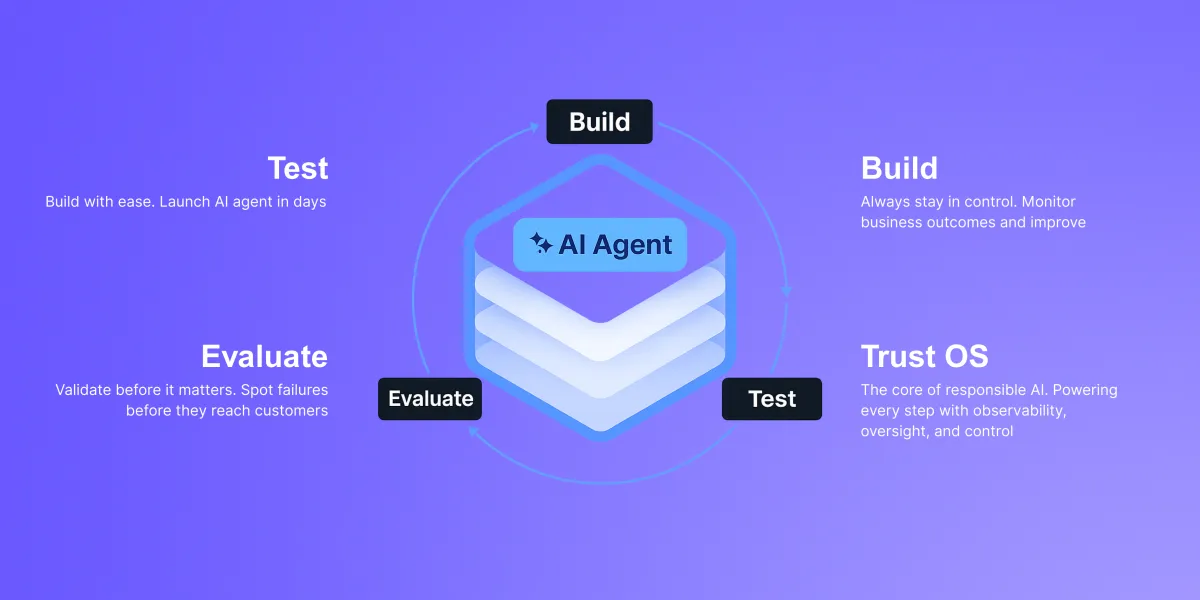NEW: AI Phone Agent
WE DON'T JUST GET YOU MORE WORK
WE MAKE YOUR BUSINESS EASIER TO RUN
Stay organised, avoid wasted time on fake leads and capture every real opportunity with CRM setups, connected workflows and an AI phone agent that works 24 hours a day.

ANSWER EVERY LEAD & CAPTURE EVERY DETAIL AUTOMATICALLY
From the first call, your AI agent fills in the info you need, cuts out fake leads, and connects everything to your CRM so you can respond with quotes instantly.
Never Miss A Call
Even when out of hours or tied up, no call is missed, and every lead is captured
Quote Faster, Work Smarter
Skip the back-and-forth, provide your quotes on first contact, and regain your hours back
Prequalify Every Lead
Talk only with real leads, filtered by smart questions
Used by the proactive • See results in first week
Choose your growth plan and start capturing leads today
+32%
Business Valuation
Consistently rising
82%
Client Retention
Industry leading
24/7
AI Availability
Never sleep
+32%
82%
24/7
Business Valuation
Client Retention
AI
Availability
Consistent rise
Industry leading
Never sleep
Who Are You and Why Should I Care?
In a time where everything is changing faster than we can react and more businesses than ever are being thrown into the alligator pits of the online world, NiteUp has vowed to be your call for help. Running a business is not easy. I know that because it took me almost a year to get off my feet.
I know digital marketing is a second job altogether for a busy business owner like yourself. I know that when you’re wearing too many hats, it leads to stress, burnout, and exhaustion. You didn’t create your own business so you could learn how to market, code, or talk to AI. You created it so you could work for yourself, choose your hours, and most importantly, focus on your craft.

NiteUp, specialising in web development, AI automation, and social media advertising, is here to combat your problems, starting with your primary source of information—your website.

CHOOSE YOUR GROWTH PLAN
Flexible packages designed to meet your business needs, from startups to enterprises.
Foundation
Perfect for small businesses getting started
From
$399
per month
Basic CRM setup
Reputation Management (RAS)
Missed-Call Text-Back Automation
Basic Landing Page
Google Business setup
Email support
Most Popular
Momentum
Advanced automation for growing businesses
From
$799
per month
Everything Included In Foundation
Complete Access To Software
Advanced CRM Setup
Employee User Setup
Lost Lead Reactivation Automation
Advanced Missed-Call Text-Back
Smart forms + Quote Automation
Priority Support
Priority Support + Monthly Meetings
Monthly Meetings
Dominion
Complete solution for large organisations
From
$2,999
per month
Everything Included In Momentum
Enterprise CRM setup
Unlimited workflow automations
AI Phone-Form Agent
Custom Integrations
E-Commerce Scaling
Priority Access To New AI Products
24/7 dedicated support
Weekly support
Enterprise
Do you have a big business and need complete control over your setup and system?
TRANSPARENT PRICING GUARANTEE
Simple, honest pricing with no surprises
No Hidden Fees
What you see is what you pay. No setup fees, no surprise charges.
No Setup Fee
Our focus is your results. We grow when you grow, so no setup costs.
Cancel Anytime
No long-term contracts. Cancel or change your plan anytime.
ROI Calculator
CALCULATE YOUR POTENTIAL ROI
See exactly how much revenue you could recover with our AI phone agent capturing your missed calls
Your Business Details
Your ROI Potential
Game-Changing Technology
Your New AI That Answers, Qualifies, and Delivers
Our AI phone agent isn't a receptionist—it's an over-the-phone form filler for pesky leads who think calling is faster than filling out smart forms. It captures their info, qualifies them, and feeds everything directly to your CRM so you can provide a quote on the first point of contact
Never Miss a Lead
Captures every incoming call and inquiry, even when you're busy or closed.
Smart Filtering
Asks the right questions to qualify leads and gather essential information.
Instant CRM Sync
Automatically populates your CRM with qualified leads and triggers workflows.
Everything You Need to Scale
Software solutions that simplify the way you work, give back your time, and position your business for long-term success
CRM Setup & Organization
Bring order to the chaos with a CRM that unites your whole business from your documents, contacts, calls, and much more all in a single app.
Custom database design
Automated data entry
Scalable architecture
Custom Workflow Automation
Stay on top with intelligent workflows that save time, sharpen your edge, and put today’s technology to work for your business.
Reputation management (RAS)
Enquiry form workflows
Smart form processing
AI Phone-Form Agent
Capturing leads, prequalifying them, and feeding the data straight into your system. Deliver quotes from the first call and reclaim your time.
24/7 lead capture
Smart form completion
Eliminates time wasters
WHY NITEUP BEATS EVERYONE ELSE
We're not just different—we're better. Here's why smart businesses choose us over the competition
Leading Edge Technology
Competitive advantage
AI implementations and systems certifying an edge over your competitors
Setup In Days Not Months
Lightning Fast Deployment
While others take months, we get you running in days
Integration Master
Plays nice with everything
Connects seamlessly with most existing tools you may already use

24/7 Human Support
Real people, real help
Be safe knowing support will only ever be one phone call away
No Hidden Fees
What You See Is What You Pay
Transparent pricing with no suprise payments or sneaky add ons
Proven Track Record
Results speak for themselves
98% of clients see positive ROI within first 60 days of implementation
Common Questions & Honest Answers
We get these questions a lot. Here are our straightforward responses:
"It's too expensive!"
What’s expensive is the hours you lose every week chasing calls, sorting fake leads, and retyping info. Our system pays for itself by giving you back time and giving you clients on tap.
"I don't have time to set this up!"
If you don’t have time now, you’ll never have it. That’s why we set it up for you—so you can finally stop drowning and start breathing again. Let automation free your schedule.
"What if it doesn't work for my business?"
The real risk is staying where you are. Businesses that automate grow faster, close faster, and stop wasting time on tire kickers. If you want different results, you need a different system.
"AI sounds too complicated!"
Complicated is doing things the old way, chasing calls, entering data, and juggling apps. Our software is simple, automated, and built to run quietly in the background while you focus on the real work.
Still have questions? We're here to help with honest, clear answers.
50%
Average Growth Increase
24/7
AI Agent Availability
24/7
Lead Capture Rate
+32%
Valuation Increase
50%
24/7
Avg. Growth Increase
AI Agent Availability
24/7
+32%
Lead Capture Rate
Valuation Increase
Ready to Transform Your Business?
STOP MISSING LEADS. START
GROWING FASTER.
Don’t wait until competitors catch on; get ahead while you still can. Capture every call, keep everything in one place, filter fake leads, save time, and run your business from a single app.
Trusted by Local businesses • Enterprise-grade security
YOUR COMPETITORS WON’T WAIT. WHY SHOULD YOU?
Get started with a free consultation and see how our AI-powered solutions can scale your operations.
Book a Call
Schedule a free 30-minute consultation to discuss your automation needs.
Watch Demo
See our system in action with a live demonstration.
View Demo → (Coming Soon)
By submitting, you consent to receiving messages related to the contents of this form
Company
